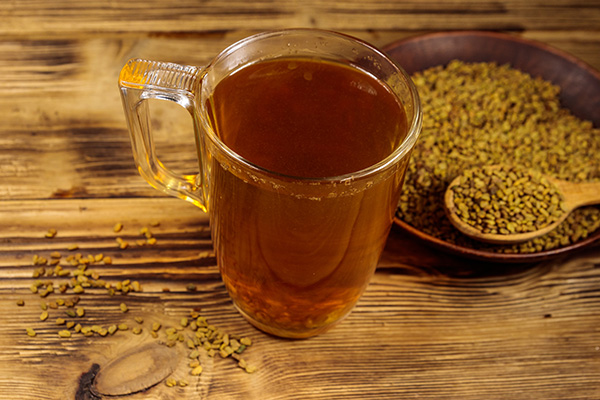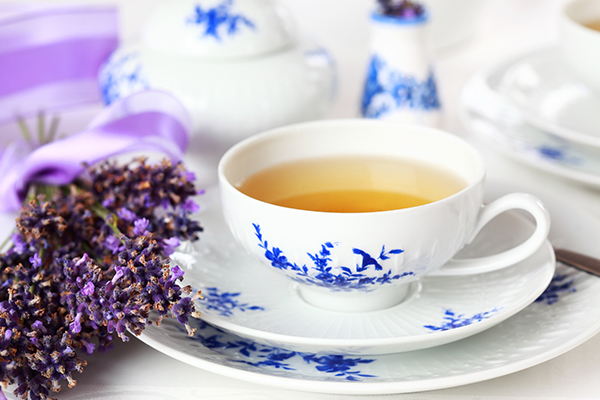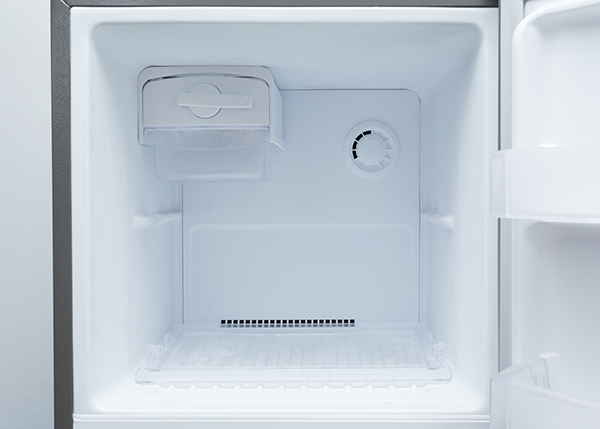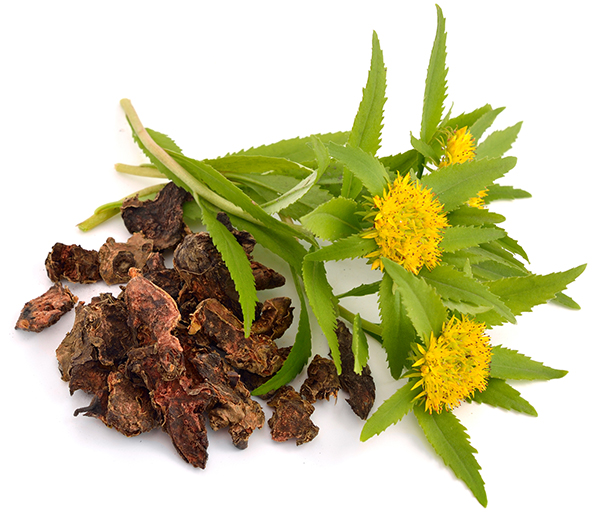Why Does Tea Make Me Nauseous?
Tea is often considered a soothing, comforting beverage that helps to calm the mind and warm the soul. However, for some people, drinking tea can result in an unpleasant feeling of nausea.
In this article, we will explore the various reasons why tea might make someone nauseous and what can be done to prevent or alleviate this discomfort.
But first, why does tea make you nauseous? Tea can make you nauseous due to its caffeine content, tannins, or the type of herbal tea being consumed. Drinking tea on an empty stomach, steeping it for too long, or consuming it at an extreme temperature can also contribute to feelings of nausea.
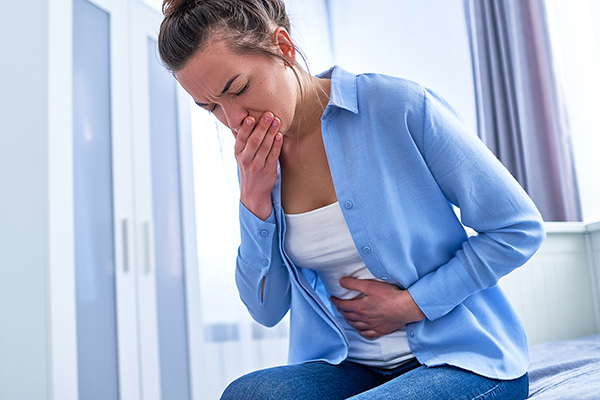
Different Types of Tea
Before delving into the reasons behind nausea, it is important to understand that there are various types of tea, each with different properties. The most common types of tea include green, black, white, oolong, and herbal. The type of tea you are consuming could be the culprit behind your nausea.
Green Tea
Green tea is known for its numerous health benefits and is often touted as a superfood. However, the same compounds responsible for its health benefits can also cause nausea in some individuals.
Caffeine
One of the primary reasons why tea might make you nauseous is the presence of caffeine. Green tea contains lower levels of caffeine compared to black tea and coffee, but it can still cause discomfort in those who are sensitive to it. Caffeine is a stimulant that can increase stomach acid production, which might lead to nausea.
Tannins
Tannins are naturally occurring compounds found in green tea, which can bind to proteins in the stomach and cause a feeling of fullness or heaviness. This sensation can lead to nausea, particularly when consumed on an empty stomach.
Black Tea
Similar to green tea, black tea contains caffeine and tannins, which can contribute to feelings of nausea.
Herbal Tea
Herbal teas are made from a variety of plants, and some of these may cause nausea. Some common culprits include chamomile, which may trigger an allergic reaction in some individuals, and peppermint, which can cause stomach discomfort in large quantities.
Drinking Tea on an Empty Stomach
One of the most common reasons why people experience nausea after drinking tea is that they consume it on an empty stomach. Tea, especially green and black varieties, can stimulate the production of stomach acid, which may lead to a feeling of nausea when there is no food to buffer the acid.
Steeping Tea for Too Long
Steeping tea for too long can result in a stronger and more bitter flavor. This bitterness is due to the release of tannins, which can be irritating to the stomach and cause nausea. To prevent this, ensure that you are steeping your tea for the appropriate amount of time according to the type of tea you are consuming.
Temperature of the Tea
Some individuals may find that the temperature at which they consume their tea can impact their likelihood of experiencing nausea. Drinking tea that is too hot can irritate the lining of the stomach, while tea that is too cold can cause stomach cramps. To prevent discomfort, it is advisable to consume tea at a moderate temperature.
How to Prevent Tea-Related Nausea
If you find that tea consistently makes you nauseous, consider the following tips to help prevent this discomfort:
Choose the Right Tea
Opt for teas that are less likely to cause nausea, such as white or oolong tea, which typically contain lower levels of caffeine and tannins.
Consume Tea with Food
Drinking tea with a small snack or meal can help to buffer the stomach acid that is produced, preventing feelings of nausea.
Adjust Tea Steeping Time
Be mindful of the recommended steeping time for the type of tea you are consuming, and avoid oversteeping to reduce the bitterness and tannin content.
Monitor Tea Temperature
Allow your tea to cool slightly before drinking, and avoid consuming iced tea that is too cold.
Try Decaffeinated Tea
If you are particularly sensitive to caffeine, consider trying decaffeinated varieties of tea. These options can provide you with the comforting experience of tea without the potential discomfort caused by caffeine.
Limit Herbal Tea Consumption
If you suspect that an herbal tea is causing your nausea, try reducing the frequency of consumption or switching to a different variety that may be less likely to cause discomfort.
When to Consult a Doctor
If you consistently experience nausea after drinking tea and have tried the above suggestions without success, it may be time to consult with a healthcare professional. Persistent nausea could be a sign of an underlying health issue, such as a food allergy, gastrointestinal disorder, or other medical condition. Your doctor can help determine the cause of your nausea and recommend appropriate treatment or dietary modifications.
Conclusion
Tea is a beloved beverage for many, but it can unfortunately cause nausea in some individuals. By understanding the potential causes of tea-related nausea and implementing the suggested prevention strategies, you can continue to enjoy your favorite cup of tea without discomfort. However, if your symptoms persist or worsen, it is important to consult with a healthcare professional to rule out any underlying health issues.

